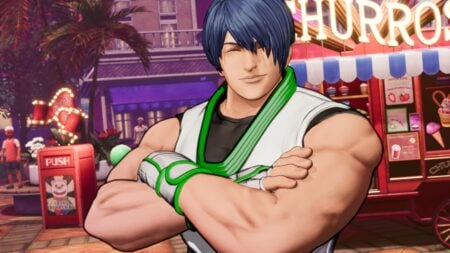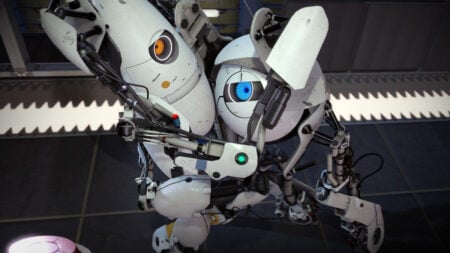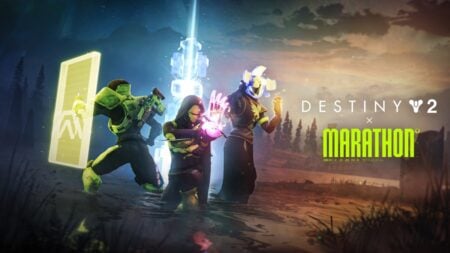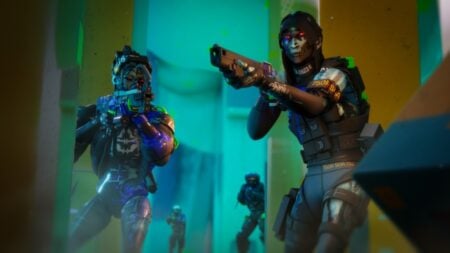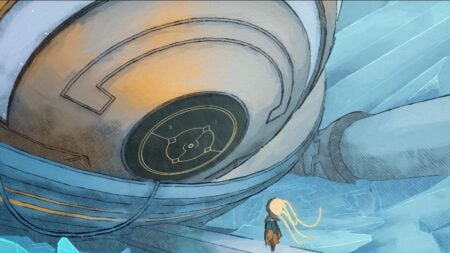Skip To...
Despite being a massive success on release both critically and commercially, it may be time for Nintendo to move away from the Legend of Zelda: Tears of the Kingdom and Breath of the Wild continuity and switch to a completely new Zelda game. Tears of the Kingdom itself has continued to flesh out the interesting timeline Breath of the Wild began, full of Legend of Zelda lore and story. At this time, however, the lore of Tears of Kingdom has wrapped up this era of Zelda in a nice bow. Due to this, Tears of the Kingdom and Breath of the Wild probably won’t and shouldn’t have another sequel. Although this may be disappointing to some, hopefully, a new direction for the Legend of Zelda will be a fresh change.
Tears of the Kingdom May Be The Last Zelda Game On Switch

First, the Nintendo Switch itself is already starting to near the end of its runtime. Being released in 2017, the Switch has already been around for 6 years and has already seen 2 mainline Zelda games released on the console. These games, Breath of the Wild and its sequel, Tears of the Kingdom, are heavily connected to the Switch, even helping push the system at launch. When a player thinks of Zelda on the Switch, they instantly think of these two games. However, rumors of a new Nintendo Switch have already been circling, with a potential release in late 2024. At the rate that Tears of the Kingdom was developed, it seems unfeasible that a new Zelda game will release before a new console comes out.
With the release of this new Nintendo Switch, it would only be natural to create a new Zelda timeline to follow it rather than continue with a Tears of the Kingdom sequel. However, this isn’t necessarily bad since a new continuity could take advantage of next-gen hardware by including new mechanics and larger ideas. For example, a new timeline of Zelda games could include larger-scale dungeons and maps, as well as taking a more traditional approach to Zelda games in general. On top of this, this new hypothetical Zelda game could bring about new iterations of each popular character, like Zelda, Link, and Ganon.
A Tears of the Kingdom Sequel May Struggle To Continue The Story

Additionally, Tears of the Kingdom has done a great job answering many of the questions left from Breath of the Wild and wrapping up the lore and story. As we have seen at the end of Tears of the Kingdom’s story, Ganondorf, the source of Breath of the Wild‘s Calamity, is defeated once and for all. While a new plot could certainly continue after this, it would take a bit of stretching for more conflict to come to this Zelda timeline. Previous Zelda sequels, like Majora’s Mask, have made this work in the past; however, paired with other factors, making a new conflict for the Tears of the Kingdom timeline may not be worth it.
A New Zelda Timeline Could Take Advantage Of Next-Gen Hardware

Many players are hoping to see some more classic elements come back to the series in a game that isn’t a Tears of the Kingdom sequel. For example, some players are hoping for the return of the traditional dungeon and item format that has been a part of the series since the beginning. This old concept could also be paired with newer ideas presented by Breath of the Wild and Tears of the Kingdom to create a new next-gen, traditional Zelda game. Creating a hybrid of old and new games would be the perfect compromise for fans of the new Breath of the Wild direction and those who want the return of classic Zelda.
In the end, while it may be tempting to want to continue the Legend of Zelda: Tears of the Kingdom timeline with another sequel, it may not be the best step forward that the series can take. While Breath of the Wild and Tears of the Kingdom are both some of the best games of the Zelda series, continuing may not only overstay their welcome but also ruin the magic of the originals. Whether Nintendo decides to continue with this Zelda timeline or not is still only up to speculation, however. As time passes after Tears of the Kingdom’s release, hopefully, more information about a new Zelda game will be announced.


